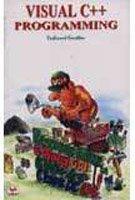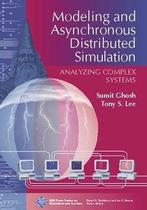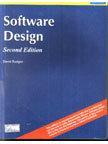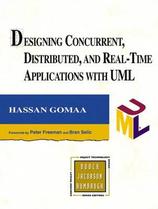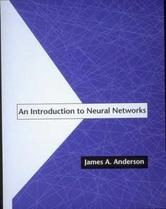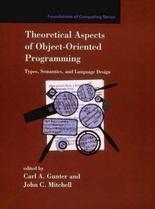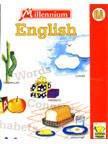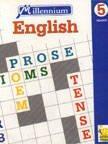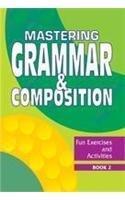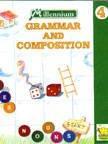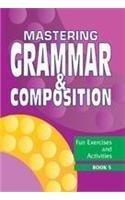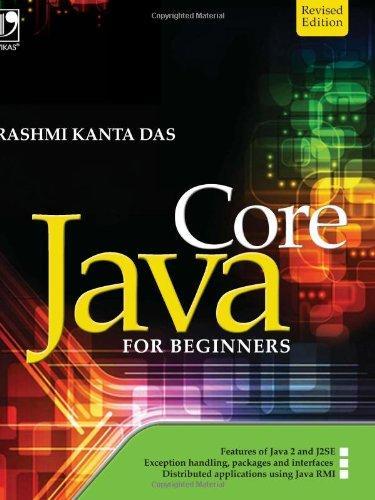 31.0%OFF
31.0%OFF

Download App
| >> | LShop | >> | Book | >> | Computing & Informat... | >> | Computer Programming... | >> | Core Java For Beginn... |
 31.0%OFF
31.0%OFF
CORE JAVA for Beginners: Revised Edition
-
ISBN
:
9788125950837
-
Publisher
:
VIKAS PUBLISHING HOUSE PVT LTD
-
Subject
:
Computer Programming / Software Development, Education
-
Binding
:
PAPERBACK
-
Pages
:
826
-
Year
:
2011
₹
475.0
 31.0% OFF
31.0% OFF
₹
327.0
Buy Now
Shipping charges are applicable for books below Rs. 101.0
View DetailsEstimated Shipping Time : 5-7 Business Days
View Details-
Description
It was in 1995 that Java emerged and revolutionized the world of computer programming. This book is an ideal choice for beginners as it makes them familiar with Java programming in a simple way. This book simplifies the approach towards Java programming in a modular fashion. The are thirty chapters in this book encapsulate various aspects of Java programming. In order to write a Java program, students must have knowledge of the alphabets of Java programming language that comprise the basic constructs like the keywords, operators, datatypes, specifiers, modifiers, etc. All these aspects have been highlighted in the third and the fourth Chapters of the book. One of the major challenges for every programmer is to handle the operations on the looping and branching processes. Chapter seven discusses various procedures for providing input to the program during its execution. The book provides a clear picture on memory mapping at the time of object declaration. The mapping of memory in Java is completely different from that of C++ in case of declaration of an object or a variable or an array. Java utilizes and manages memory resource in a more elegant manner. This has been clearly justified in Chapters eight and nine. One of the pillars of object oriented programming principles is Inheritance. It facilitates the user with reusability of codes. It is illustrated in Chapter ten of the book. The declaration of class within a class is treated as inner class. It has many advantages in the context of Java. This is illustrated in Chapter eleven. To avoid the runtime anomalies during program execution, Java provides the mechanism of Exception handling. This is elaborated in the Chapter twelve of the book. Java classes follow a certain hierarchy and are contained in a special container known as package. The knowledge of predefined packages and the procedure to create and manipulate the user-defined packages are elaborated in Chapter thirteen. To avoid space complexity in a case of major applications, Java provides the mechanism of creating Java Archive files. This is described in Chapter fourteen of the book. Java provides major classes in order to handle the array of characters. These two classes are String and StringBuffer. The mechanism of these classes is elaborated in Chapters fifteen and sixteen. In order to make Java a pure object oriented language, wrapper classes are present in Java. The knowledge of these classes is provided to students in Chapter seventeen. Java has certain shortcomings on issues like pointers and time of execution. For these aspects, one requires the use of the conventional languages like C and C++. Java facilitates the programmers to communicate with these conventional languages through the use of Java Native Interface. This technology is described in Chapter eighteen. The concept of multithreading is present in Java to speed up the execution of a Java program and to manage different sub-process. This has been given in Chapter nineteen. Instead of templates, Java uses the technology of Generics to generalize the use of data types. The procedure to develop and manipulate Generics is given in Chapter twenty. Out of the different predefined packages in Java, the IO package has a major role in handling files and streams. This technology is the first to provide a technique for permanent storage of data in case of Java. The students can explore it in Chapter twenty-one. Chapter twenty-two describes the different classes present in the lang package of Java. Here, the students can understand the Runtime class, the Object class and the Cloneable interface. Rashmi Kanta Das
-
Author Biography
Mr. Rashmi Kanta Das holds a Masters in Business Administration from Utkal University, Orissa. He is a Sun Certified Java Programmer and a Microsoft Certified System Engineer. Presently, he is a senior faculty and head of Java Research team of Interface Software, Bhubaneswar. The institution is one of the most reputed institution in India in the field of Java programming. The author has more than ten years of experience in working with Java and finding innovative solutions to challenges faced in the industry
Related Items
-
of







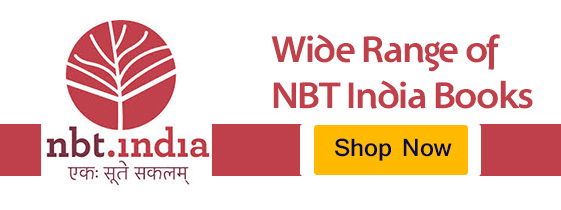




 327.0
327.0





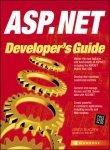
 877.0
877.0
